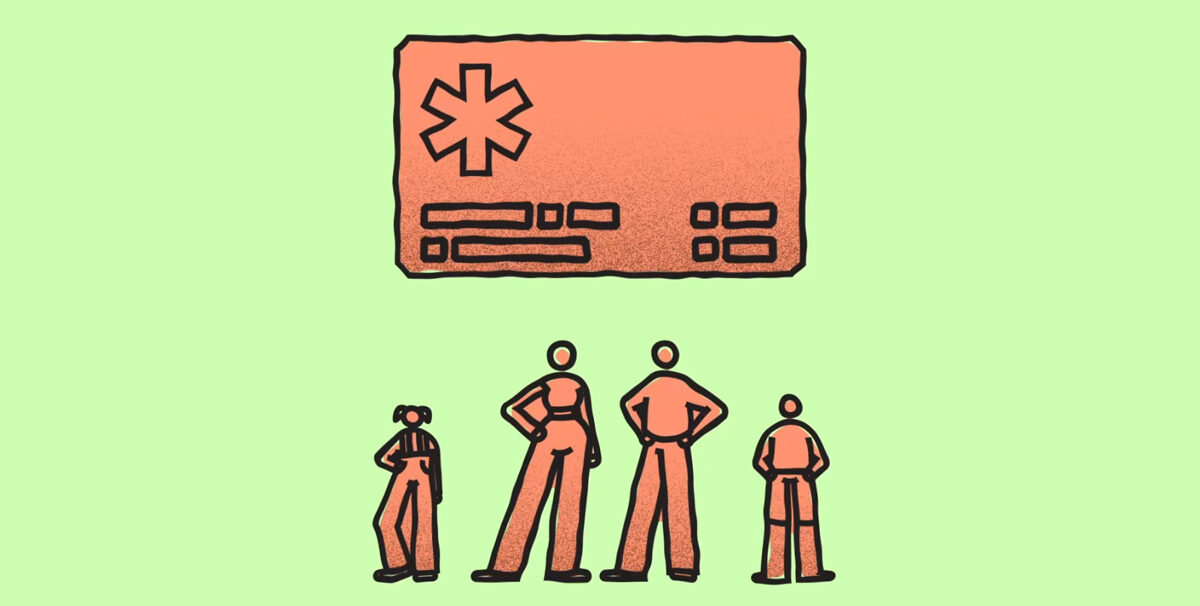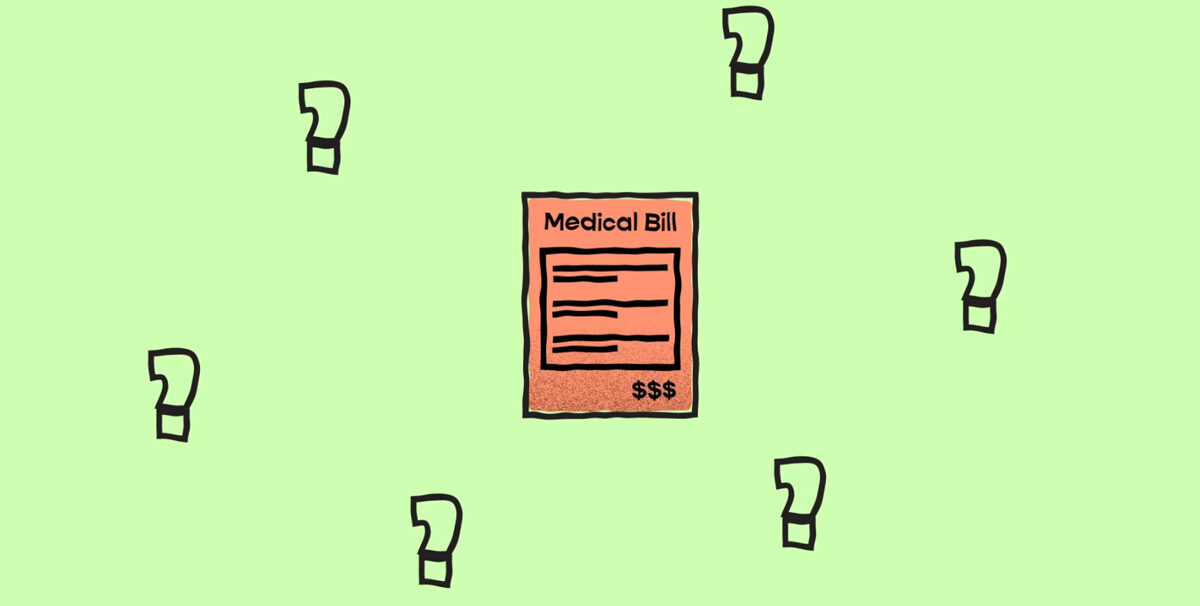Tips for Better Brain Health
A brief lapse in memory, such as misplacing your wallet or forgetting a birthday, is often associated with being overly busy or having an excessive amount of stress. In fact, memory loss is a common part of aging. What can be problematic is when the episodes of forgetfulness increase and intensify into a more severe problem, such as mild cognitive impairment or even Alzheimer’s disease. This is why taking care of your brain health is essential. There are small daily efforts you can make to slow memory decline.
Exercise Daily – According to the Mayo Clinic, regular physical activity helps maintain mental function by boosting blood flow to the brain and supporting natural aging processes. Just 30 minutes of daily exercise, like hiking, tennis, or biking, can enhance brain health.
Eat a Balanced Diet – A balanced diet supports both physical and cognitive health. Include foods rich in monounsaturated fats, polyunsaturated fats, and omega-3s, like salmon, nuts, and avocados, while avoiding trans and saturated fats found in processed foods and fatty meats.
Get a Good Night’s Sleep – Adequate sleep, seven to eight hours per night, is crucial for brain health and memory. It allows the brain to detoxify and relax. Poor sleep can harm brain function, so consult a doctor if you’re struggling with sleep issues.
Participate in Social Activities – Regular social interactions can reduce memory loss, especially if you live alone or work remotely. Connect with family and friends and consider joining a local hobby or class to boost social engagement.
Activate Your Brain – Mental stimulation improves brain function. Engage in activities like reading, brain games, painting, and puzzles. For guidance on brain-stimulating exercises, consult your doctor.
Receive Regular Check-ups – Regular check-ups are essential for brain health, as they monitor artery and vein health. Your doctor can assess blood pressure, blood sugar, and cholesterol, and provide care if any numbers are out of a healthy range.
Brain health significantly impacts your memory and cognitive function. Practicing these six habits can positively impact your brain’s health. If you have further questions about how to better the health of your brain, reach out to your doctor for more information.
Alzheimer’s Disease
Alzheimer’s is a disease of the brain gradually destroying the ability to remember, reason, imagine and learn. The condition progresses over time. There are 100 billion nerve cells in the brain. Each of these cells joins with others to form “communication networks.” Alzheimer’s disease prevents some of these cells from operating correctly, although scientists are unsure why. As the damage spreads, the cells cannot function and eventually die. During normal aging, most people’s brains develop plaques (deposits of a protein fragment) and tangles (fibers of another protein). It has been discovered during autopsy that people suffering from Alzheimer’s have significantly more plaques and tangles. Scientists believe this may play a role in blocking nerve cell communication.
Warning Signs
The Alzheimer’s Association identifies 10 warning signs to watch for:
• Memory loss that disrupts daily life
• Challenges in solving problems
• Difficulty completing familiar tasks
• Confusion with time or place
• Trouble understanding visual images or spatial relationships
• Trouble speaking or writing
• Misplacing things
• Decreased or poor judgement
• Withdrawal from work or social activities
• Changes in mood or personality
If you notice one or more signs in yourself or another person, it can be difficult to know what to do. It’s natural to feel uncertain or nervous about discussing these changes with others. Voicing worries about your own health might make them seem more “real.” Or you may fear upsetting someone by sharing observations about changes in his or her abilities or behavior. However, these are significant health concerns that should be evaluated by a doctor, and it’s important to take action to figure out what’s going on
The Importance of Positive Self-Talk
- Self-affirmations. Set a daily alarm to practice affirmations, either when you wake up or before bed.
- Visual reminders. Use visual reminders, like sticky notes on mirrors or workspaces, to practice positive self-talk.
- Journal. Keep a journal to write affirmations and track your progress.
- Be aware of and replace negative self-talk. Notice negative self-talk, then reframe it with a positive affirmation.
Do You Know About 988?
How It Works
The 988 Suicide & Crisis Lifeline is free and confidential, offering support by phone, text, or online chat. Callers can connect to the Veterans Crisis Line, receive help in English, Spanish, ASL, or access interpretation in 240+ languages. Once connected, trained counselors listen, provide resources, and help de-escalate distress—turning to 911 only when absolutely necessary. The Lifeline’s goal is to reduce emotional pain, offer immediate support, and guide people toward ongoing help. Call or text 988 or visit 988lifeline.org if you or someone you know is experiencing mental health-related distress. For further guidance, contact a mental health professional.





